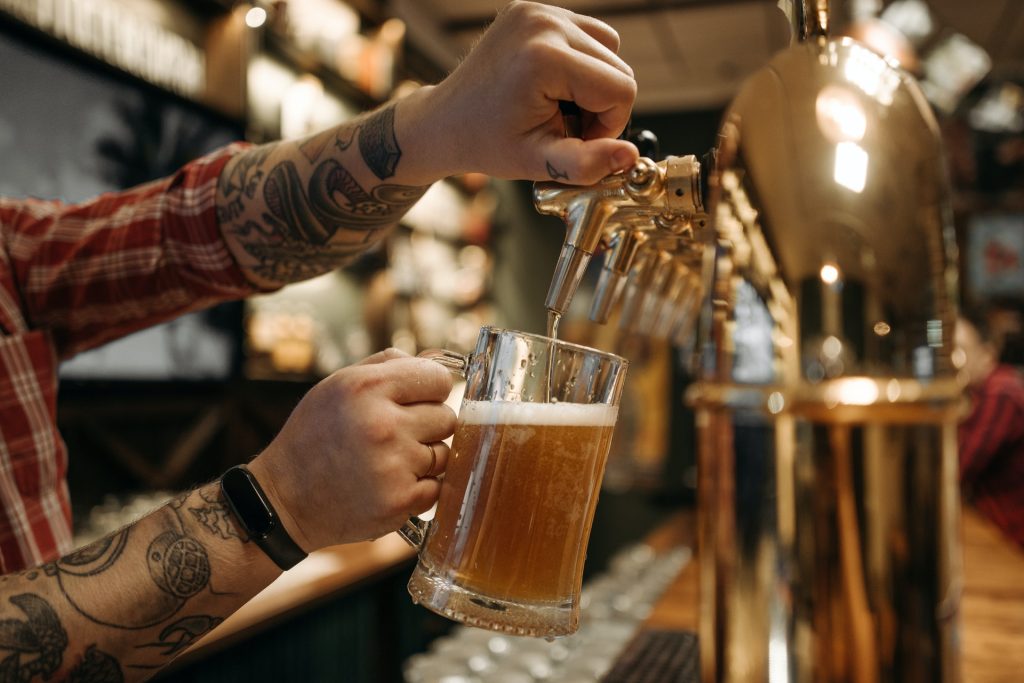
Representatives from the liquor industry have said that the South African government must consider data from a new report that shows little alcohol ban effectiveness on trauma cases. However, other studies show negative effects of alcohol during lockdown, and a surge in violent trauma in Cape Town after alcohol bans were lifted.
In a statement on Thursday, the South African Liquor Brand owners Association (Salba) referenced a new report showing that, compared to other countries, South Africa saw similar trauma cases with its lockdown and alcohol ban to those that only had a lockdown.
The report had financial support from Distell, led by independent data expert Ian McGorian of Silver Fox Consulting, in collaboration with professor Mike Murray from the University of KwaZulu-Natal.
The report found that trauma cases in South Africa under lockdown dropped 60%. But other countries also saw the same drop with no alcohol ban, including the UK (57%), Ireland (62%), Italy (56.6%) and the USA (54%), casting doubt over the effectiveness of alcohol bans in curbing trauma. The researchers also commented that curfews may have explained more of a reduction in trauma cases than alcohol bans.
While members of the liquor industry recognised the impact of alcohol on South African society, they said that government needs to be more objective with its lockdown regulations.
Salba chairperson Sibani Mngadi said the alcohol ban over Easter Weekend, while simultaneously allowing larger gatherings, made even less sense in reducing COVID transmission. This suggests that government was not considering science in its decision making, he said.
However, a multicentre study from Colorado, USA showed that even while trauma cases during lockdown fell by 33%, alcohol screens increased from 34% to 37%, and alcohol positive patients rose from 32% to 39%.
A study of Cape Town trauma admissions saw a dramatic drop of 53% in trauma admissions during the hard lockdown and an immediate rebound coinciding with the resumption of alcohol sales, with a 107% increase in gunshots wounds compared to pre-lockdown conditions.
The researchers noted that in South Africa the trauma demographic is much younger, with much higher rates of violence, with about half of homicide victims in SA testing positive for alcohol.
Distell chief executive Richard Rushton said the industry was merely asking that the data should be viewed objectively to improve dialogue with decision makers.
“We are all on the same side, and we want to help find solutions. We are very clear that alcohol abuse is unacceptable and causes harm. Our view is that the focus must be on finding ways to deal with high-risk drinkers, rather than using blunt instruments that penalise all South Africans.
“Any proposed new regulations need to be evidence-based, rational and target problem areas,” he said.
Business Leadership SA chief executive Busisiwe Mavuso said that lockdown could have been better managed, as 220 000 jobs had been lost along billions of rands in tax to the fiscus, while uncertainty still plagued alcohol producers.
“The decisions made to confront the health crisis should not have unintended consequences for the economy, and that is exactly what has happened with the bans on alcohol,” she said.
Mr Mavuso added that, since the start of the pandemic, business has been a willing partner to government and “needs to be part of the solution to ensure we fight this pandemic with the least possible damage to the economy”.
“The data analysis by the alcohol industry is an important intervention and must be taken seriously as we move forward.”
Source: BusinessTech

